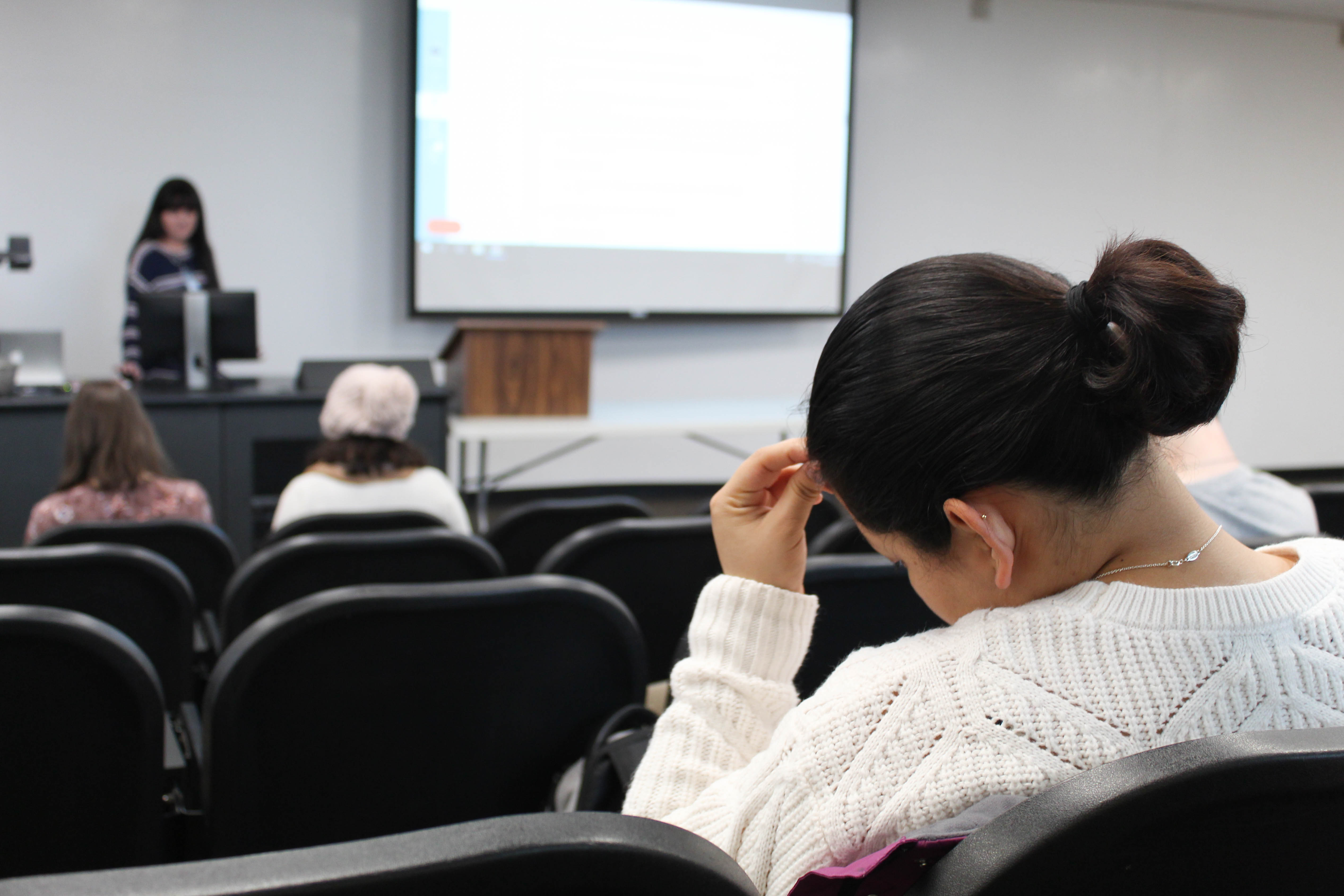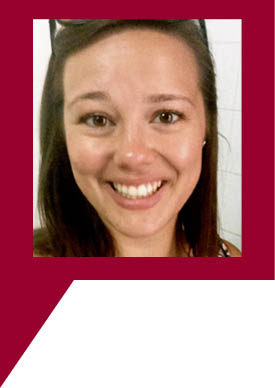It can be uncomfortable for students when their professors begin preaching their own opinions instead of teaching, especially if the professor shuts down a discussion after stating their own opinions. Professors should be able to voice their own opinions, but should use their opinions as a tool for students to develop their own.
When teaching, professors are speaking on behalf of their university or school district. Because of that representation, professors must be aware of what they say to students. Technically speaking, professors should work to keep their opinion out of the curriculum, but political opinions are bound to come up, especially in college.
When these opinions are brought up, the professor should not always have to conceal their opinions. However, professors would be doing a disservice if they did not allow their students to form opinions on their own.
Students learn from observation and example set forth from adults. An article posted in The Voice, the school newspaper of Presentation High School, points out that we should “allow teachers to instill a structure for forming an opinion, a context and method for expressing that opinion, and an arena for the discussion of that opinion.”
Professors should not be silenced, but they also should not simply stick to a list of black or white objectives. In an article written for the Huffington Post, high school journalism and history teacher David Cutler explained that his students “asked for my take, so I told them, but rather than focus on venting what appeared to be a collective disdain, I urged them to look into why others felt differently.”
There should be an open discussion where the students also feel comfortable sharing their own opinions. It leaves room for students to think on their own rather than being programmed to think only as their educators think.
Cutler concluded that teachers should not remain silent, and that “instead of ‘appearing neutral’ (a species of mild dishonesty, after all), let’s admit our biases openly” as this creates an environment open for learning.
“I think there are times when [discussing a professor’s opinions is] necessary,” junior English education major Amanda Franks said. “However, I don’t believe their beliefs on who the president is and how they’re doing is appropriate.”
In today’s political climate, it can be intimidating to hear professors or students voicing opposing opinions. However, it is possible to maintain a healthy and safe environment for all students, regardless of opinions. The Institute for Teaching and Learning at Colorado State University discusses ways to keep a positive classroom culture. Some professors have also included guidelines for such classroom environments in their syllabi.
Students should be equipped with knowledge and skill, and instructors should trust that their teaching methods allow students to form educated opinions. Teachers should not only give their opinions, but also allow students to develop their own opinions and to explain their own reasoning. When professors state their opinions in class, students should take the opportunity to open up a discussion in response.




